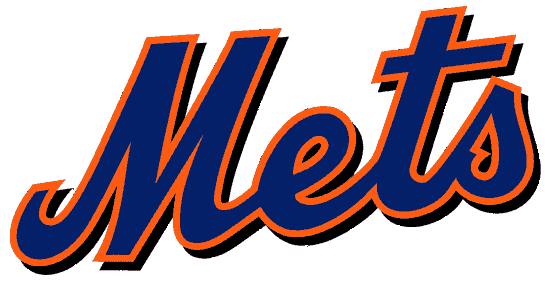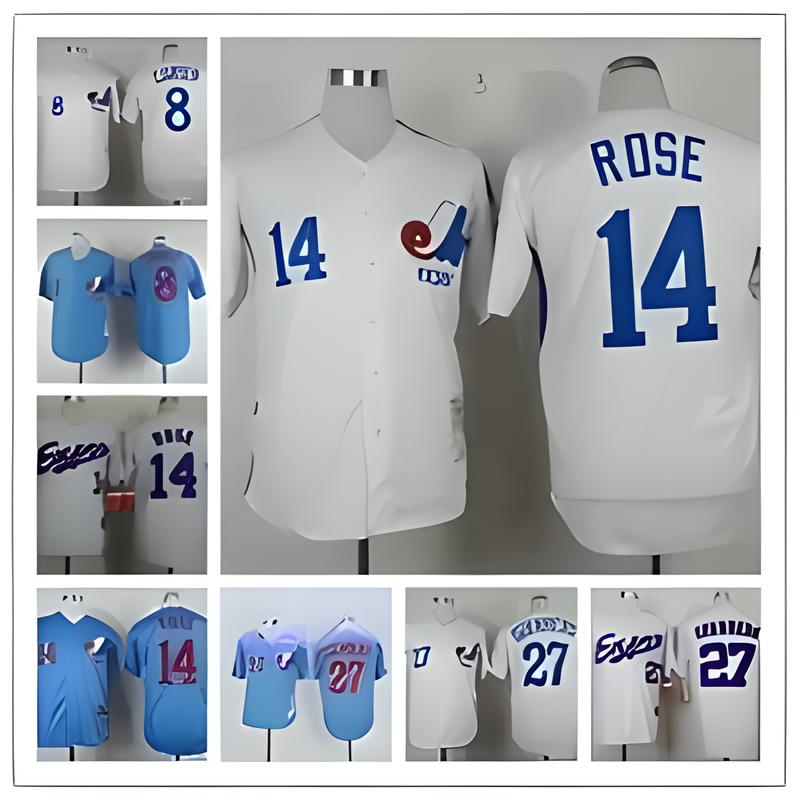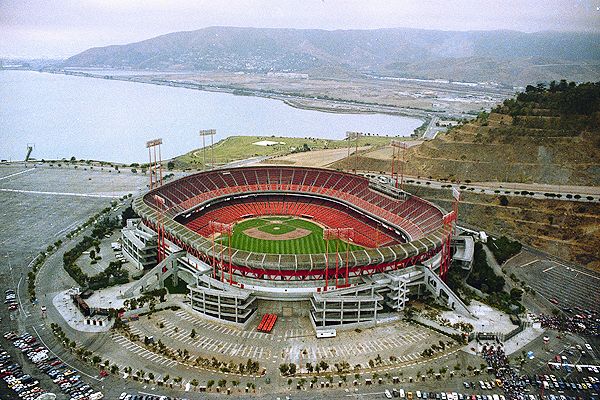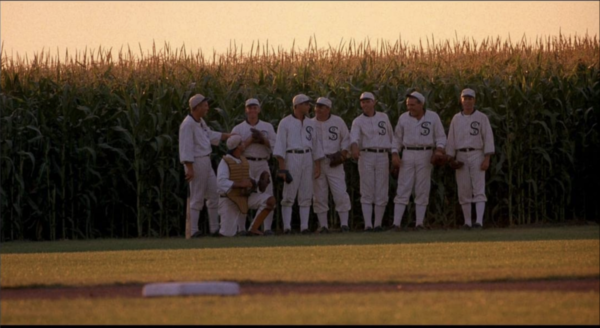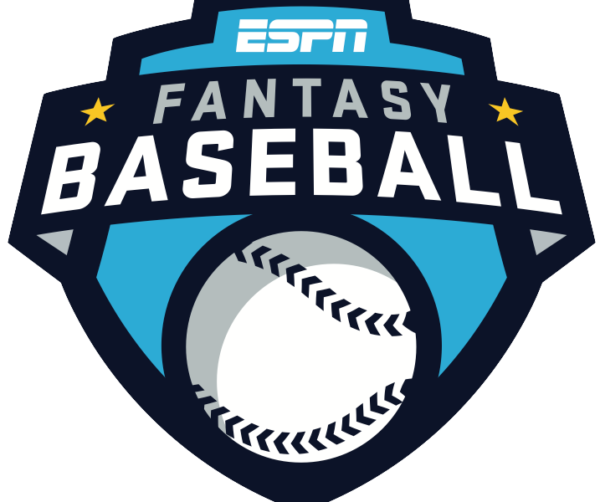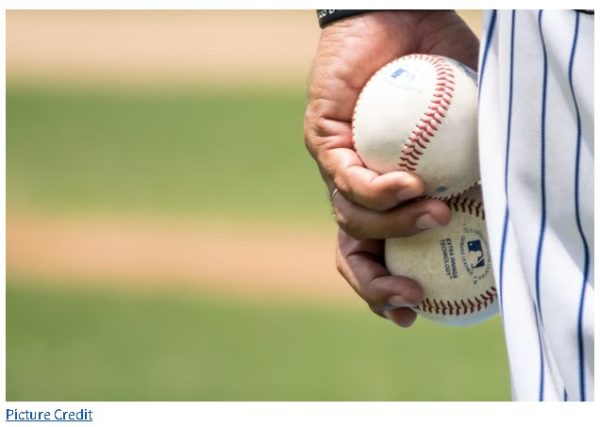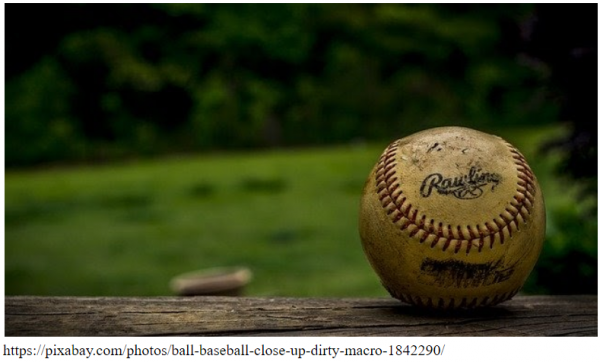Probably the best way to see how this will pan out is to see how much the first big free agent gets. But the first major free agent usually signs for more than market value. That is why the deal is done so fast. Otherwise, why sign so soon if you think you can do better by waiting? The best way to sign a free agent is to prepare your offer and have the player and his agent prepare their best offer. Then the prospective signing team decides how much they are willing to increase their offer. Once that happens, it is easy to know if a deal will be reached or not. The goal is not to pay too much, but the offer has to be fair enough to convince the player to come to your town as opposed to go somewhere else. And the “wooing” of a player only holds water if the offer by the team is in the same ballpark as the other offers.
Sandy Alderson will likely determine his success on what player he targets this offseason. Yes, it will matter who he chooses to bring in to help an offense that need a middle of the order run producer. But also the type of player is interesting as well. If he chooses to bring in a middle of the road player, simply because he costs less, the team will not get the same production. And it certainly will not go well with the already frustrated fanbase. There is no explanation needed if the Mets offseason includes the signing of Corey Hart, Michael Morse and Rafael Furcal. Perhaps the signing of one of them may not be bad, but the three of them together reeks of shopping on the dollar rack. Marlon Byrd will likely get a two year deal for more than $7 million a season.
Some can say now is the right time to bring in that impact player. But, who is it? It will not be Cano and will probably not be Ellsbury. Could it be Choo? Maybe, but I think he will price himself out the Mets and other teams budget. Granderson, Cruz, Jhonny Peralta and if the Mets choose, Carlos Beltran could be possibilities. Even if they choose to explore a trade, the same thing will factor in. Are the Mets willing to pay market value or more for a player to address their needs? The answer to that question will be the same answer to whether the Mets will be competitive in 2014.

